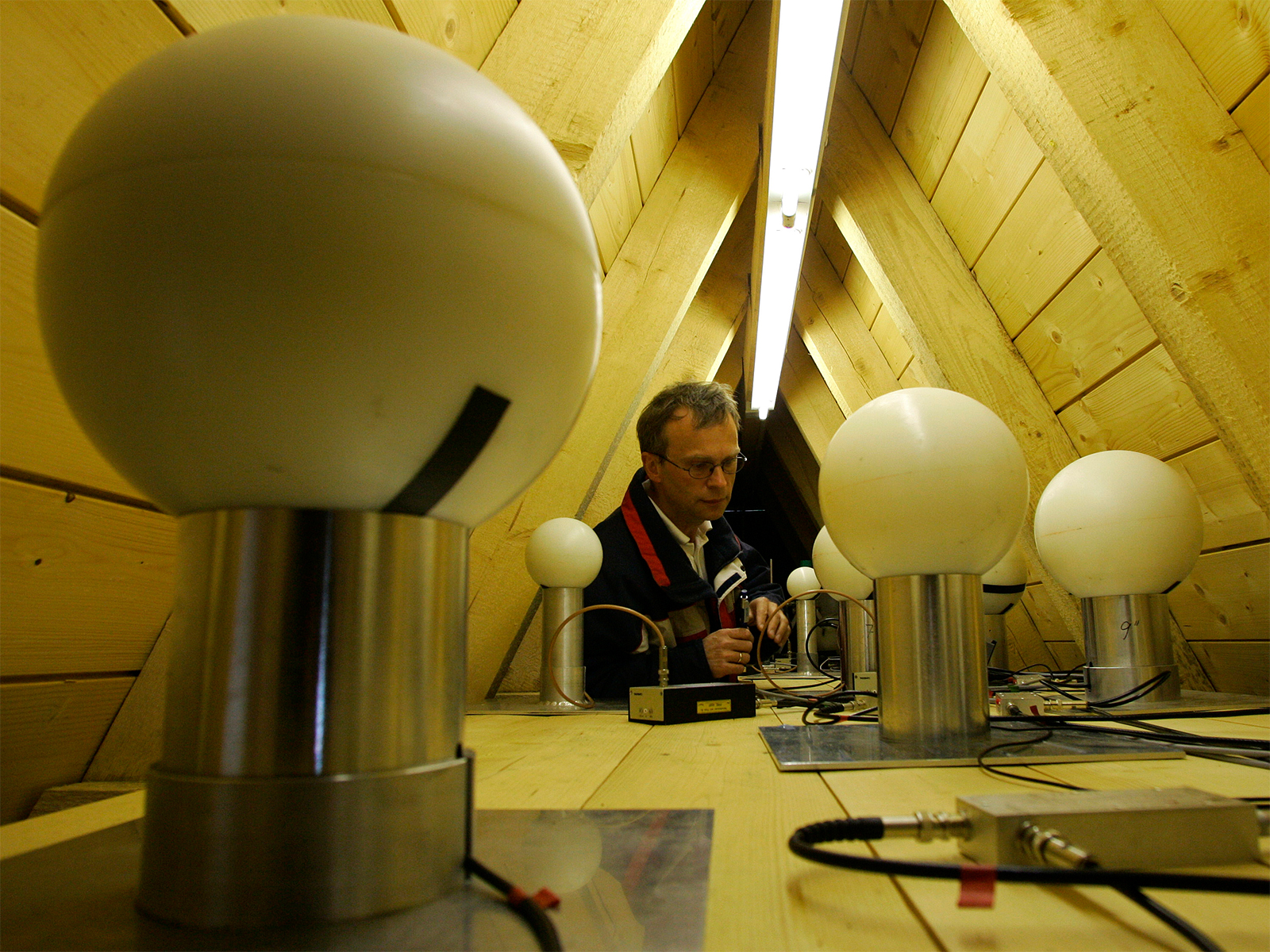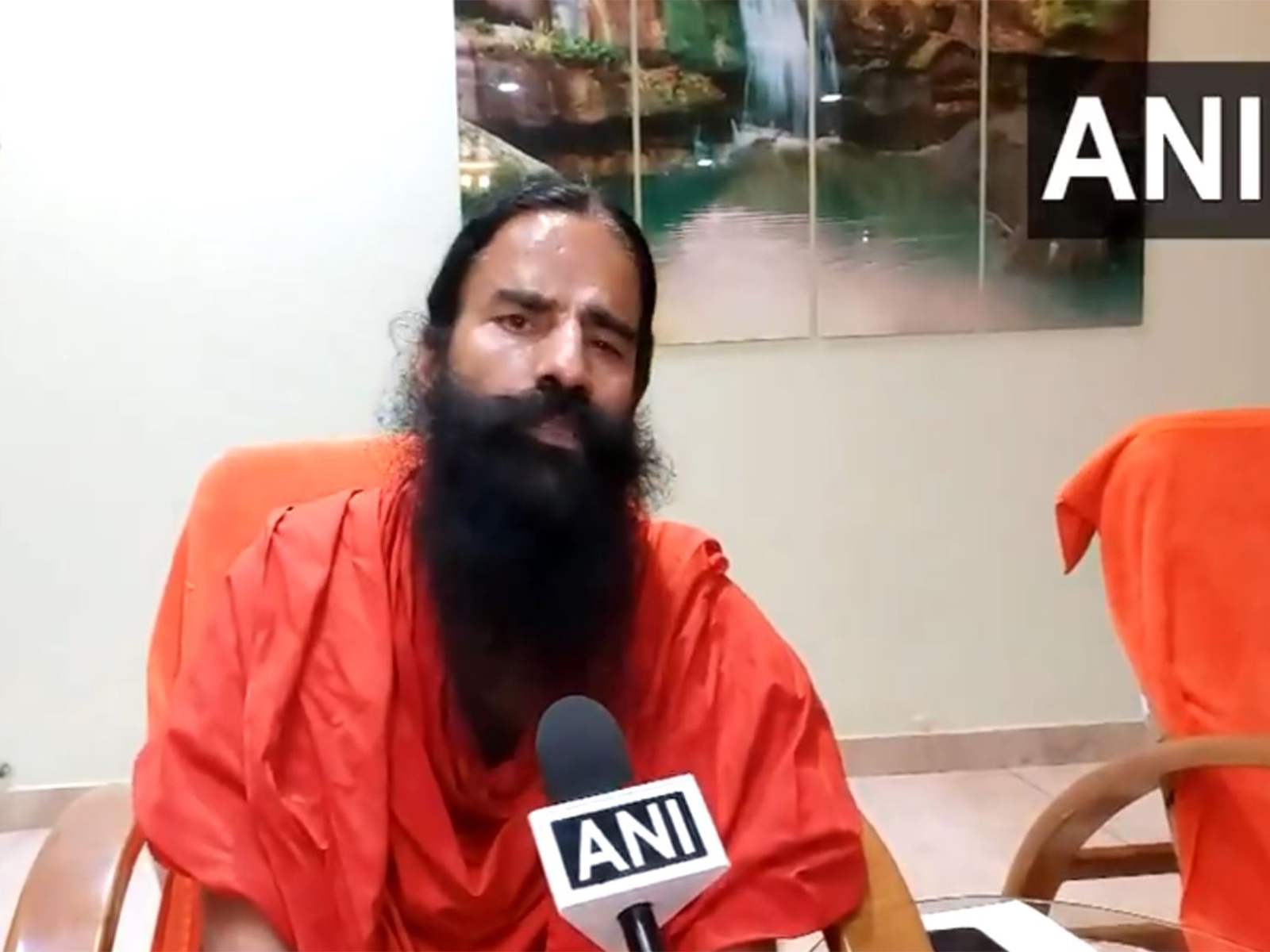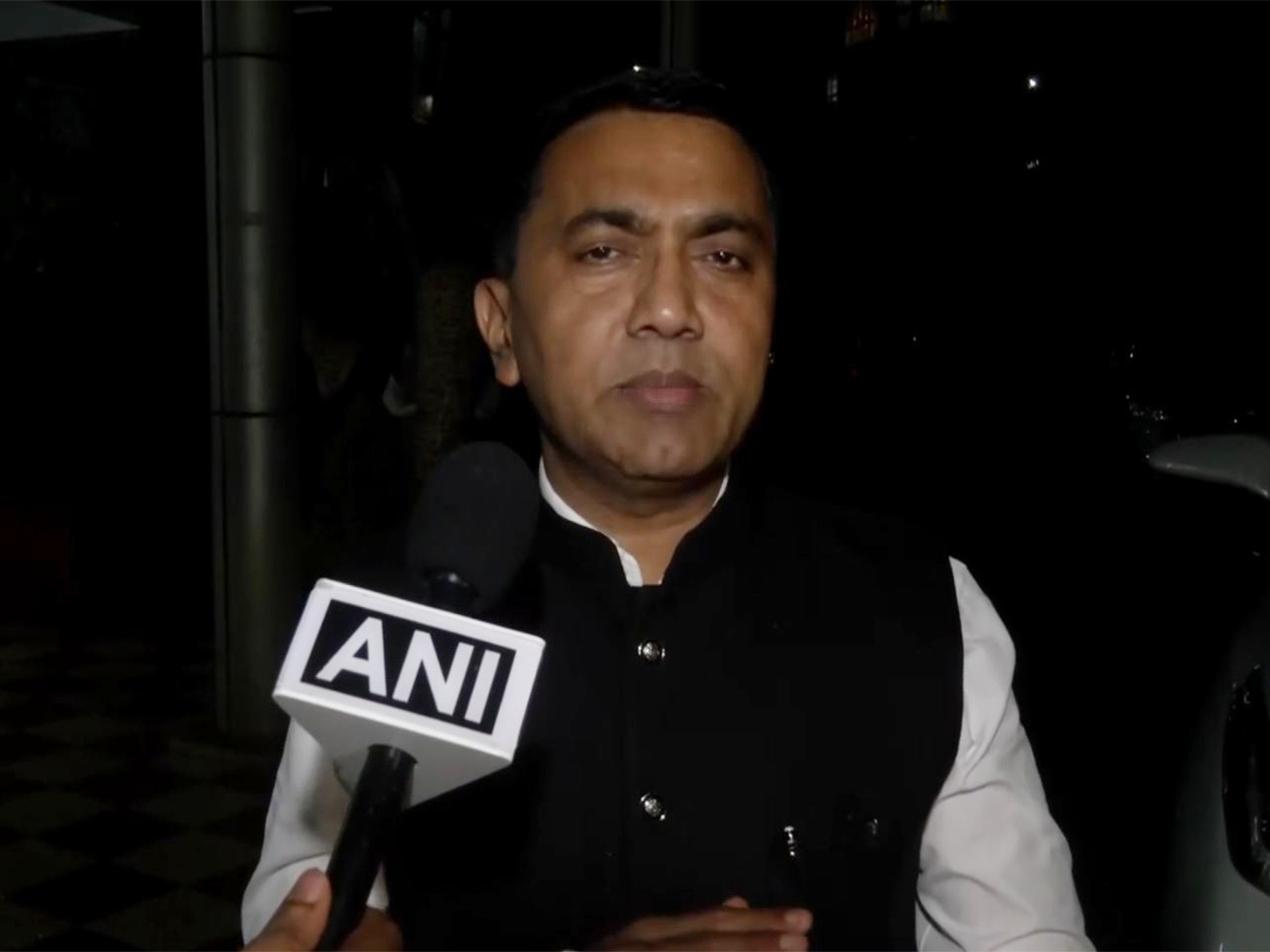Washington DC [US], September 22 (ANI): Engineers discovered how to make atomic nuclei “talk” inside silicon chips, opening the door to scalable quantum computers.
Researchers at the University of South Wales (UNSW) have found a way to make atomic nuclei communicate through electrons, allowing them to achieve entanglement at scales used in today’s computer chips. This breakthrough brings scalable, silicon-based quantum computing much closer to reality.
UNSW engineers have made a significant advance in quantum computing: they created ‘quantum entangled states’ – where two separate particles become so deeply linked they no longer behave independently – using the spins of two atomic nuclei.
Such states of entanglement are the key resource that gives quantum computers their edge over conventional ones.
The research was published on September 18 in the journal Science, and is an important step towards building large-scale quantum computers – one of the most exciting scientific and technological challenges of the 21st century.
Lead author Dr Holly Stemp says the achievement unlocks the potential to build the future microchips needed for quantum computing using existing technology and manufacturing processes.
“We succeeded in making the cleanest, most isolated quantum objects talk to each other, at the scale at which standard silicon electronic devices are currently fabricated,” she says.
The challenge facing quantum computer engineers has been to balance two opposing needs: shielding the computing elements from external interference and noise, while still enabling them to interact to perform meaningful computations.
This is why there are so many different types of hardware still in the race to be the first operating quantum computer: some are very good for performing fast operations, but suffer from noise; others are well shielded from noise, but difficult to operate and scale up.
The UNSW team has invested in a platform that – until today – could be placed in the second camp. They have used the nuclear spin of phosphorus atoms, implanted in a silicon chip, to encode quantum information.
“The spin of an atomic nucleus is the cleanest, most isolated quantum object one can find in the solid state,” says Scientia Professor Andrea Morello, UNSW School of Electrical Engineering & Telecommunications.
“Over the last 15 years, our group has pioneered all the breakthroughs that made this technology a real contender in the quantum computing race. We already demonstrated that we could hold quantum information for over 30 seconds – an eternity, in the quantum world – and perform quantum logic operations with less than 1% errors,” said Morello.
“We were the first in the world to achieve this in a silicon device, but it all came at a price: the same isolation that makes atomic nuclei so clean, makes it hard to connect them together in a large-scale quantum processor,” added Morello.
Until now, the only way to operate multiple atomic nuclei was for them to be placed very close together inside a solid, and to be surrounded by one and the same electron.
“Most people think of an electron as the tiniest subatomic particle, but quantum physics tells us that it has the ability to ‘spread out’ in space, so that it can interact with multiple atomic nuclei,” says Dr Holly Stemp, who conducted this research at UNSW and is now a postdoctoral researcher at MIT in Boston.
“Even so, the range over which the electron can spread is quite limited. Moreover, adding more nuclei to the same electron makes it very challenging to control each nucleus individually,” added Dr Holly.
“By way of metaphor one could say that, until now, nuclei were like people placed in a sound-proof room,” Dr Holly says.
She continued, “They can talk to each other as long as they are all in the same room, and the conversations are really clear. But they can’t hear anything from the outside, and there’s only so many people who can fit inside the room. This mode of conversation doesn’t ‘scale’,”
“With this breakthrough, it’s as if we gave people telephones to communicate to other rooms. All the rooms are still nice and quiet on the inside, but now we can have conversations between many more people, even if they are far away.”
The ‘telephones’ are, in fact, electrons. Mark van Blankenstein, another author on the paper, explains what’s really going on at the sub-atomic level.
“By their ability to spread out in space, two electrons can ‘touch’ each other at quite some distance. And if each electron is directly coupled to an atomic nucleus, the nuclei can communicate through that.”
“The distance between our nuclei was about 20 nanometers – one thousandth of the width of a human hair,” says Dr Stemp.
“That doesn’t sound like much, but consider this: if we scaled each nucleus to the size of a person, the distance between the nuclei would be about the same as that between Sydney and Boston!” added Dr Stemp.
She adds that 20 nanometers is the scale at which modern silicon computer chips are routinely manufactured to work in personal computers and mobile phones.
Despite the exotic nature of the experiments, the researchers say these devices remain fundamentally compatible with the way all current computer chips are built. The phosphorus atoms were introduced in the chip by the team of Professor David Jamieson at the University of Melbourne, using an ultra-pure silicon slab supplied by Professor Kohei Itoh at Keio University in Japan.
By removing the need for the atomic nuclei to be attached to the same electron, the UNSW team has swept aside the biggest roadblock to the scale-up of silicon quantum computers based on atomic nuclei. (ANI)
Disclaimer: This story is auto-generated from a syndicated feed of ANI; only the image & headline may have been reworked by News Services Division of World News Network Inc Ltd and Palghar News and Pune News and World News
HINDI, MARATHI, GUJARATI, TAMIL, TELUGU, BENGALI, KANNADA, ORIYA, PUNJABI, URDU, MALAYALAM
For more details and packages
















